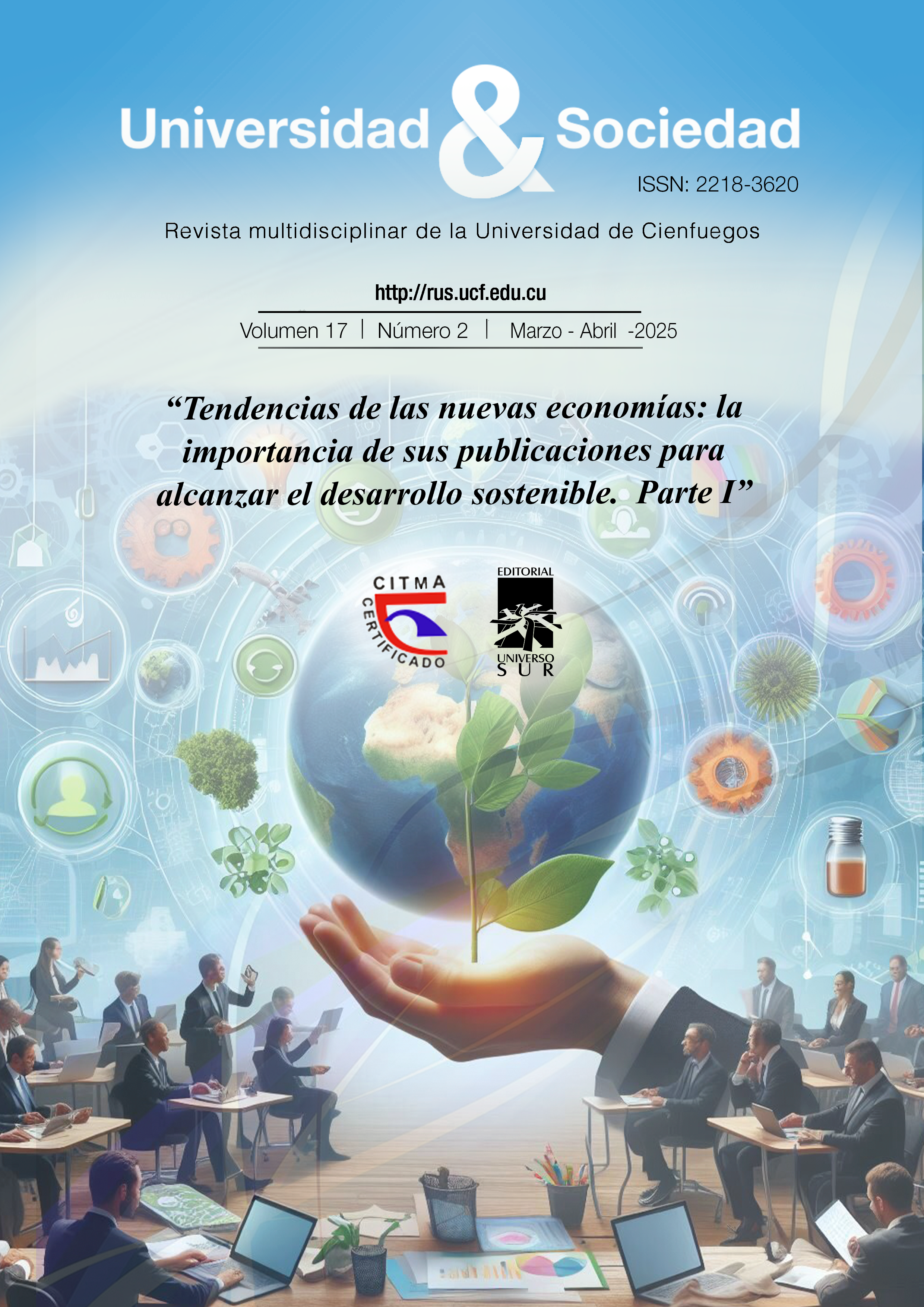Azerbaijan’s strategic significance as a transit route from antiquity to the Middle Ages
Keywords:
Azerbaijan, Great Silk Road, Transit routes, Cities, MerchantsAbstract
Azerbaijan, one of the oldest centers of human civilization, has maintained international relations with Western and Eastern countries, as well as with the countries of Southwest Asia. Its strategic geographical location has always attracted the attention of other nations. Situated on transit routes since ancient times, Azerbaijan has held significant importance. Since ancient times the country was able to attract merchants from other regions with its high-quality products, and thus its influence on the development of international trade was substantial. Both the records of European travelers who visited Azerbaijan and the trade product samples discovered during archaeological excavations demonstrate the convenience and appeal of its lands. The establishment of economic relations between the Turkic peoples of the Great Silk Road and the peoples of China, the Caucasus, Russia, India, as well as the Arab world, had a positive impact on the development of trade routes. As an important part of the Turkic world, Azerbaijan's location on these transit routes created favorable conditions for its economic development. From the past to the present, even in modern times, despite the emergence of alternative transit routes in international relations, these traditional corridors have retained their significance. Therefore, the objective of this work is to make a historical analysis of the relevance of Azerbaijan as a transit route in trade, from ancient and medieval times.
Downloads
Published
How to Cite
Issue
Section
License
Copyright (c) 2025 Editorial "Universo Sur"

This work is licensed under a Creative Commons Attribution-NonCommercial-NoDerivatives 4.0 International License.
"Universo Sur", the publishing house of the University of Cienfuegos, publishes the Universidad y Sociedad Journal under the Creative Commons Attribution-NonCommercial-NoDerivatives 4.0 International License (CC BY-NC-ND 4.0).
You may share the material for non-commercial purposes, provided that you:
-
Give appropriate credit (authors, journal, article link, and link to this license).
-
Do not create derivative works.
-
Indicate if changes were made.
Authors retain copyright.
Full license text: https://creativecommons.org/licenses/by-nc-nd/4.0/










